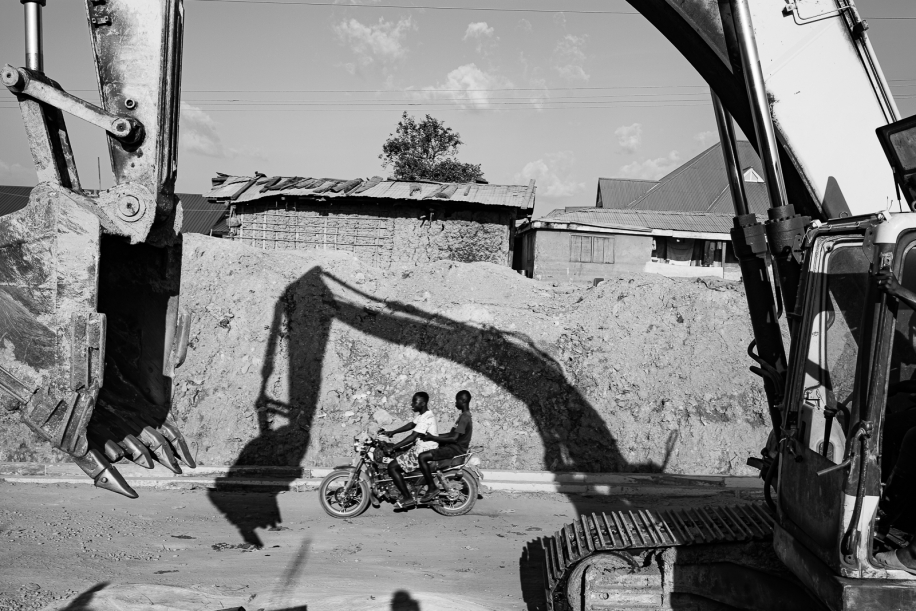
Galamsey, Gather and Sell - Artisanal Gold Mining in Ghana.
Photographer: Mariusz Śmiejek
Exhibit Title: Galamsey, Gather and Sell - Artisanal Gold Mining in Ghana.
Location: Ghana
The "three months' salary" rule in the US suggests that a buyer should spend three months of their salary on an engagement ring for their future spouse. Meanwhile, Ghanaians working in illegal gold mines, mostly in extremely dangerous conditions, for $1 per day.
This disparity isn't new; we've known about it for a long time. However, the market history shows that the price of gold has risen over 95% in the last 10 years. At the same time, living conditions in Ghana are worsening due to rapidly growing inflation.
Ghana is the largest gold producer on the African continent. However, for most resource-rich countries in Africa, this is a double-edged sword, often tied to capitalist neo-colonialism.
The majority of Ghana's gold wealth is owned by foreign companies, and the agreements between global corporations and the government are kept confidential. The registered income from gold is $5 billion annually, while unregistered income from smuggling is almost double.
Gold smuggled from Ghana primarily comes from "Galamsey" operations, where workers earn only $1 a day, and children often work for free. Ghana's gold ends up in countries like the USA, Canada, China, India, the United Arab Emirates, and Switzerland. Once it leaves these illegal mines, pervasive corruption makes it impossible to trace its origin, allowing it to quickly enter the legal market. This gold finds its way into banks, jewelry shops, and companies manufacturing expensive branded electronic devices for highly developed countries.
Nearly one-third of Ghana's gold is illegally mined in galamsey operations. Over 3 million people, or 10% of the country's population, rely on galamsey for their livelihood, with approximately 1 million directly involved in mining. In the pursuit of gold that reaches the world's wealthiest nations, the natural environment is irreversibly destroyed—forests are cut down, and rivers are poisoned. Additionally, internal labor migration related to gold mining leads to a decline in agricultural production and many local industries essential for the country's proper functioning.
In cooperation with:
Principal Investigator: Melani Lea Mennella, ESQ, Legal Resources Human Rights Law Fellow, GH
Research Director: Richard Ellimah, Centre for Social Impact Studies, GH
W: www.mariuszsmiejek.com
@: mariusz.smiejek@gmail.com
Arts Council of Northern Ireland
& The National Lottery UK
Make Comment/View Comments